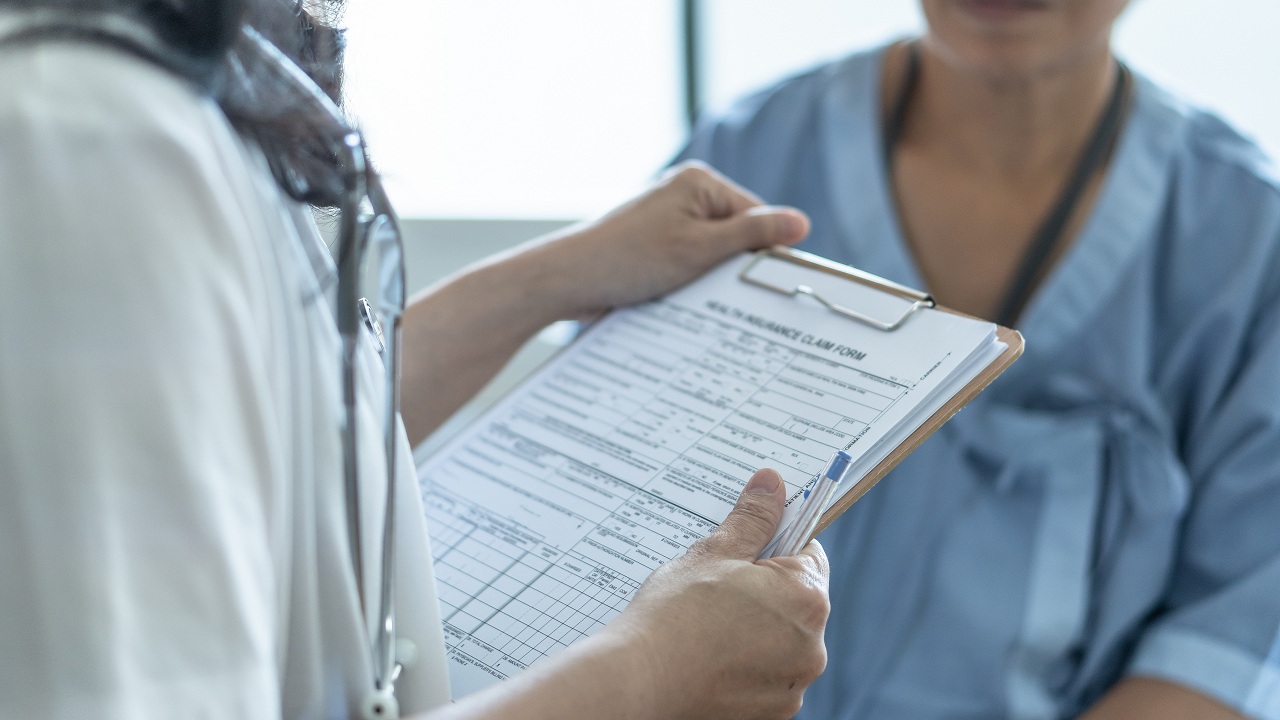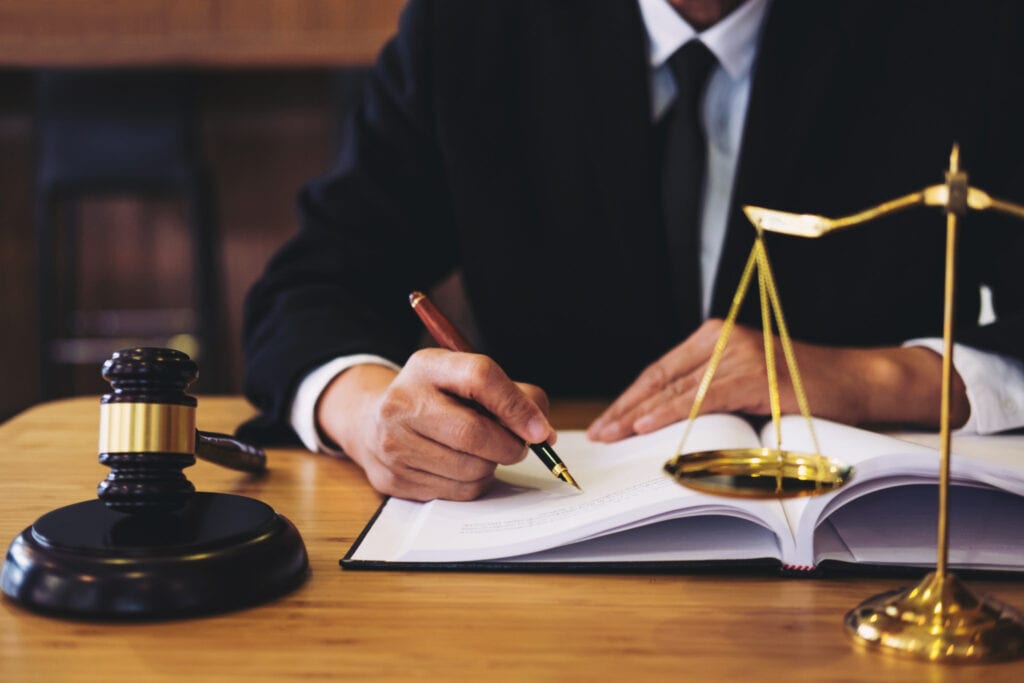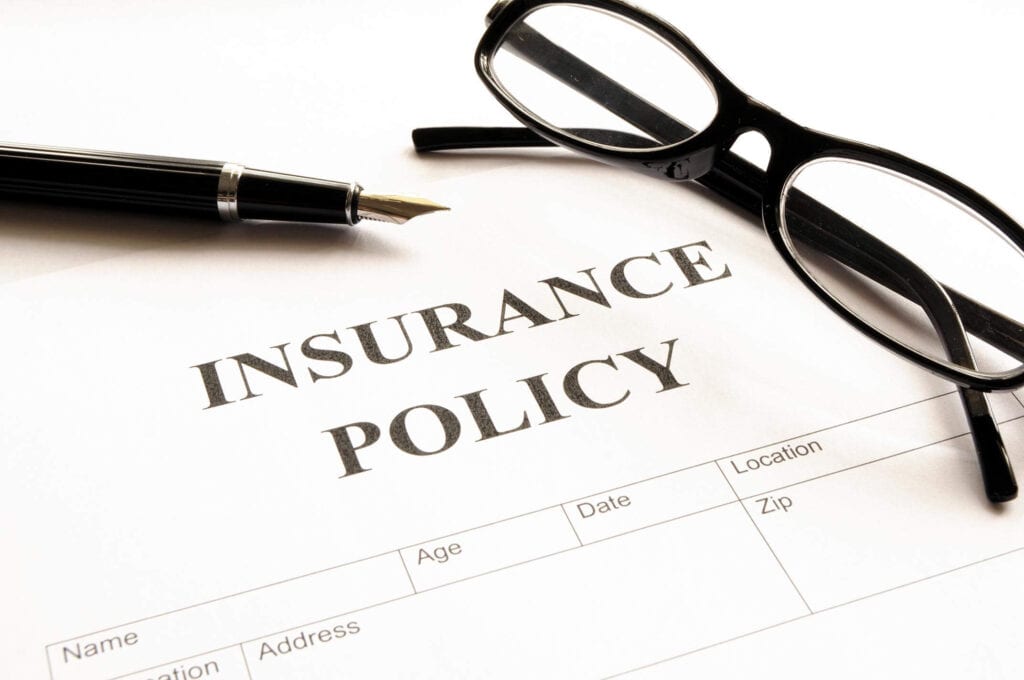What To Do If You Get Injured By Prescription Drugs

Prescription drug injuries are serious issues that can have long-lasting and detrimental effects on you and your family. When you or a loved one is injured by prescription medications, the consequences can be devastating. This article will give you several simple steps to take after suffering from a drug injury.
Although they may not be as common as personal injuries from traffic accidents, prescription drug injuries do happen. Prescription drug errors range from simply filling a prescription incorrectly to a prescribed medication causing adverse reactions. A rash from a prescribed ointment or headache from overusing a prescription pain reliever can result in a severe infection or pain that could weeks to cure. If the patient doesn’t seek treatment right away, the problem may get worse. As a result of negligence or mistake, a patient might suffer from permanent disability or, worse, die from the injury.
Why do prescription drug injuries occur?
- A simple mistake in filling out a prescription can end up with a patient taking the wrong dosage of a medication, or a doctor giving the wrong drug.
- A medical professional may make an error while prescribing due to inexperience in the medical field, or plain ignorance of medical terms and procedures.
- When a patient is misdiagnosed, they may be given the wrong medication, which may result in prescription drug injuries.
Prescription Drug Injury: What To Do After Suffering From It?
If you think you’re suffering from a prescription drug injury, here are the things you need to do to get the help you need:
1. Seek Immediate Medical Attention

Go to the hospital or call 911 immediately.
The following may be experienced by a person who’s suffering from a prescription drug injury:
- Blood clot
- Depression
- Difficulty breathing
- Heart attack
- Stroke
- Having suicidal thoughts
Sometimes, prescription drug injuries go unnoticed. If you think that you’re a victim of one, talk to your doctor to see what kind of protocol they can develop for you to follow in order to protect yourself from further harm.
2. Gather Evidence For The Case

It’s imperative that you gather evidence that will prove the liability of the at-fault party after a prescription drug injury. The evidence must include all medical records, prescriptions, receipts, and any document that’s relevant to the case.
Here’s why it’s important to gather evidence:
- If you don’t have any evidence to support your claims, you may not be able to receive just compensation for the damages or injuries you sustained.
- A personal injury lawyer will need all pertinent medical evidence in your possession to pursue your case. The more comprehensive and detailed your records are, the better your attorney will be able to help you.
3. Reach Out To An Attorney

You should also immediately contact a reputable medical malpractice attorney from reliable firms, such as Sadaka Associates, to schedule an appointment. There’s no time to waste if you believe you or a loved one was injured as a result of prescription drugs.
What can a skilled and knowledgeable lawyer do for you and your case? Here are some of the advantages of hiring one:
- Medical malpractice is when a medical practitioner is careless or negligent when delivering treatments to their patients. The standard of care expected from doctors includes a high level of personal care, a careful analysis of the patient’s medical history, and a carefully tailored plan of treatment. Unfortunately, not all doctors practice these high standards. You may be eligible to get a large settlement for the injuries you sustained, but there are statutes of limitations that must be followed to ensure you’ll get compensated for your injuries.
- The compensation you can receive will depend on your injury’s severity, the extent of your injuries, and the extent of your loss. You need a personal injury lawyer to determine how much compensation you can receive. Some of the things that lawyers consider are lost income due to permanent or total disability, as well as hospital bills. Also, you may be compensated for your pain and suffering, which may have arisen because you’re bedridden, unable to work, as well as your loss of enjoyment for life.
- Medical malpractice laws are implemented to ensure that the rights of patients. Personal injury attorneys are experts in handling cases like prescription drug injuries, slip-and-fall cases, car accidents—basically, any injury that resulted from the negligence or carelessness of another person or organization.
- Drug lawsuits are complex and require so many details to be looked into. Thus, it can be hard for a layperson to understand what should be done and who to contact to pursue a claim. An attorney will also be able to handle all of the legal paperwork involved in the case, from initial research to all of the meetings between you and your insurance provider.
The sooner you seek the services of a personal injury attorney, the better your chances of obtaining justice for your case.
4. Call Your Insurance Firm

You may also want to consult with your insurance provider to determine if you’re covered for prescription drug injuries. It never hurts to ask and verify so that you’re not left carrying the entire medical bill yourself.
Here’s what you can do:
- Contact your insurance provider to submit your medical records including the list of all medications that you’re prescribed by your attending physician.
- If your injuries aren’t covered by your insurance, you have to speak to a medical malpractice lawyer (for medical negligence) or a pharmaceutical injury lawyer (for bad or defective drugs). A personal injury lawyer will be able to provide you with direct and relevant advice on the best steps to take to ensure your health and financial interests are taken care of.
Takeaway
Prescription drug injuries are serious. Fortunately, there are laws in place to protect patients from abusive or negligent behaviors of medical personnel. If you find yourself in this situation, you have a very important decision to make. Hiring an attorney is, generally, the best choice. This way, the plaintiff will have someone experienced and qualified to handle the case. If you’re unsure whether or not you have a case, talk to a qualified attorney about your options.




